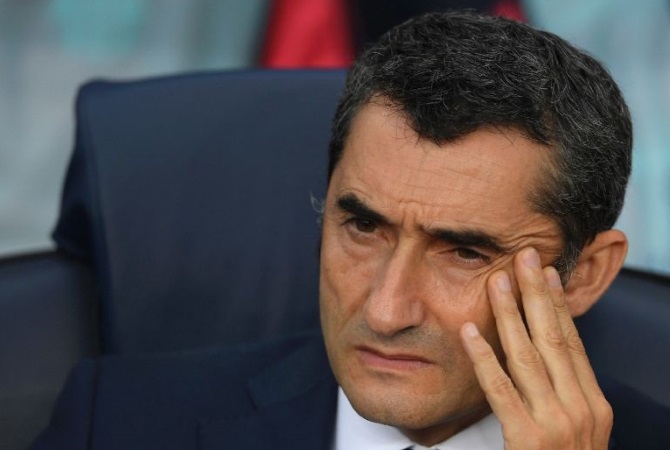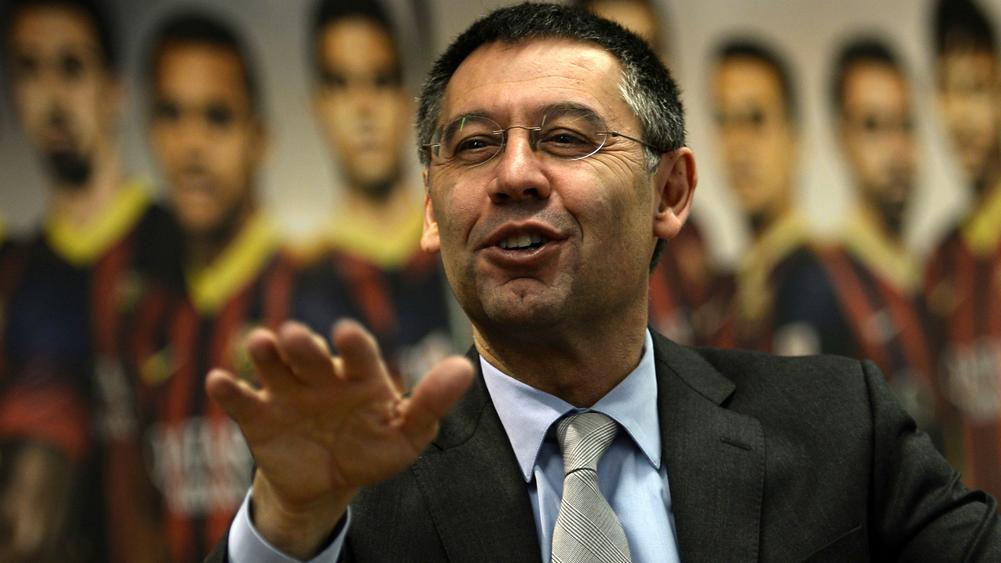Dutch Footballers Union Condemn UEFA Ban On Onana
The Dutch Association of Professional Footballers have slammed UEFA’s one-year ban on Ajax Amsterdam goalkeeper Andre Onana but is hopeful the Court of Arbitration for Sport will reduce or repeal it entirely.

Europe’s football governing body imposed the ban on the Cameroonian international last week for taking a banned substance back in October.
Onana was found to have Lasimac in his urine during a routine test by UEFA officials.
The 24-year-old took the substance, which was originally prescribed for his wife, after feeling unwell.
Onana will be unable to feature for Ajax for the rest of their Eredivisie and Europa League campaigns but the Dutch champions intend to appeal at CAS.
Onana has received support from his fellow professionals, who have called the ban “disproportionate” and “incomprehensible”.
A statement on Thursday said: “VVCS condemns a system whereby athletes who have no intention of cheating are banned from practicing their profession for extended periods of time.
“This sanction has a huge impact on the player's professional career and has a huge impact on the well-being of the player involved.”
“UEFA follows Onana's defence that it is a mistake - that he took the wrong pill on October 30 to temper a headache. For that reason, he will not receive the 'usual' 4 years, but his sentence will be 'limited' to 1 year.
“However, one year is an eternity in the career of a professional football player, a career that is short anyway. The question is how can you just suspend a player for a year, if you are convinced yourself that there is a mistake?
“The suspension in itself is disproportionate, but the idea that the player may not even train with the rest of the team during the suspension is completely incomprehensible.
“This injustice, which has no added value and leads to the unnecessary isolation of professional footballers, must also be urgently reversed.
“VVCS is hopeful that the punishment of Andre Onana will be cancelled (or greatly reduced) by the CAS, but this case once again shows the need to restructure the rules.”


















